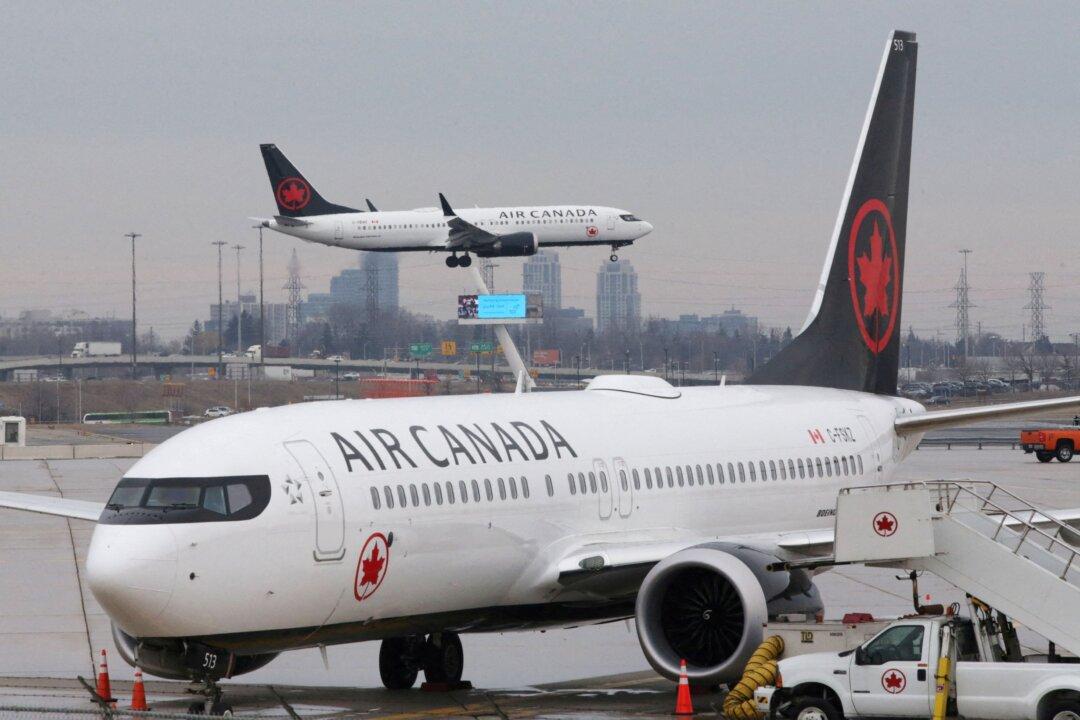Paul Kliffer of Victoria, B.C., has been back home for months after a November trip to Mexico. But his Apple AirTag tracking device shows his bag ended up in Madrid, Spain.
Though he can see where it is, he feels helpless, unable to retrieve it, he told Global News.





